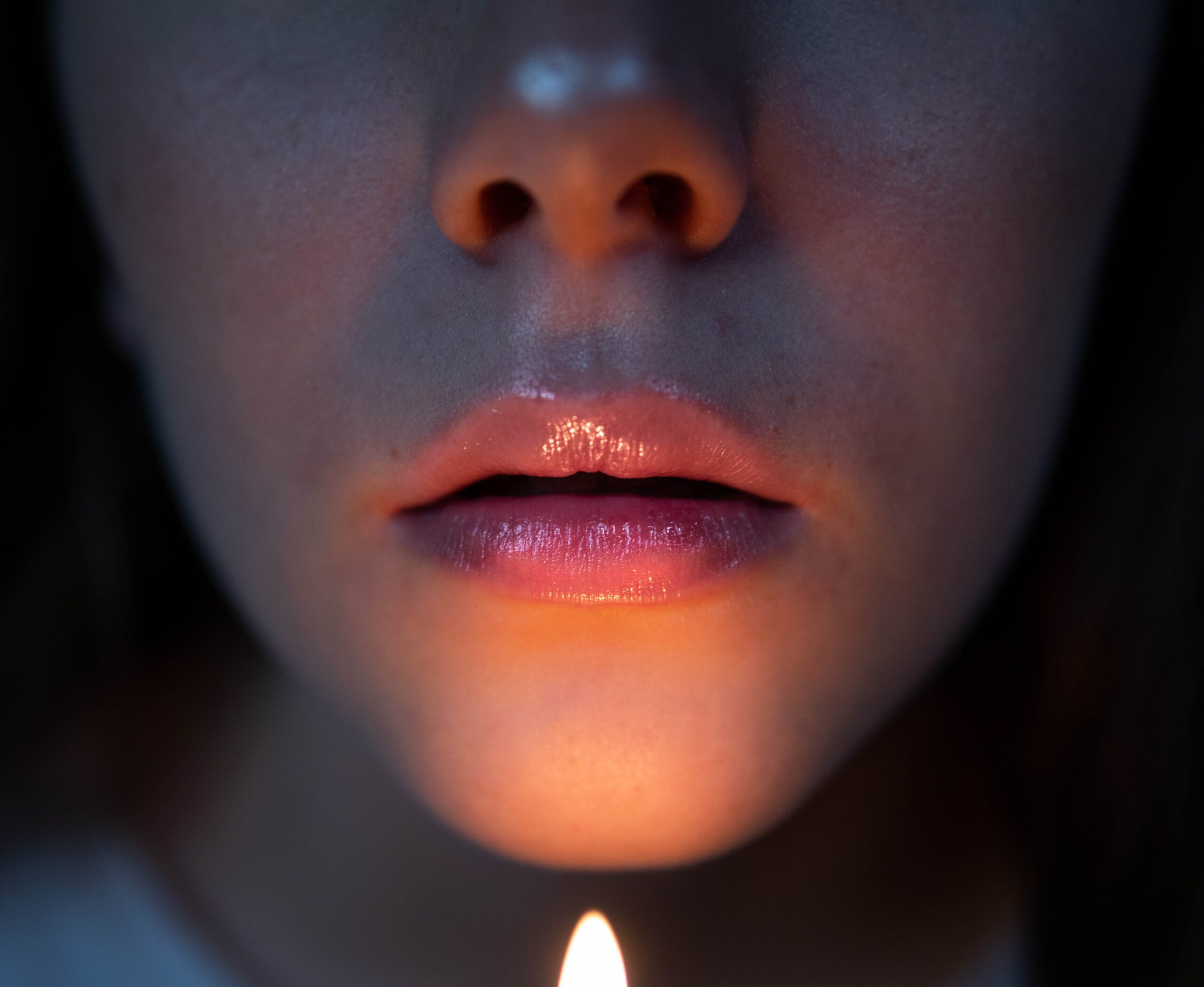The following is a brief introduction to the topic:
In a world that is increasingly urbanized and fast-paced, our connection with nature has been weakened. The therapeutic and calming benefits of being in nature are well-known. Ecotherapy is a therapeutic intervention which integrates nature and has been shown to be effective in treating mental health issues, especially this . This article explores the concept of Ecotherapy, its benefits for anxiety relief and the growing evidence that supports its effectiveness.
Ecotherapy: Nature is a Healing Environment
Ecotherapy is also called nature therapy or green therapies. It is a holistic method of promoting mental health that integrates the natural environment into the therapeutic process. The belief is that nature can have a profound effect on mental and emotional well-being, providing a variety of therapeutic benefits. Ecotherapy includes a variety of practices and interventions such as outdoor therapy sessions and horticultural therapies, wilderness therapy and eco-arts therapy. All of these are designed to help individuals connect with nature’s healing powers.
It is not a new concept that nature can be therapeutic for your well-being. In the past, many cultures have sought solace and renewal in nature. In the modern age of increased urbanization and technological use, there is a growing disconnection with nature, which could contribute to the rise in anxiety and mental health problems.
Ecotherapy and Anxiety Relieve
This affects millions of people around the world. Anxiety is characterized as excessive worry and fear and by physiological responses such as an increased heart rate or muscle tension. Anxiety disorders are debilitating and can affect an individual’s everyday life. Ecotherapy is a promising way to manage and relieve anxiety.
Stress Reduction: Time spent in nature has consistently been linked to a reduction of stress levels. Natural settings such as parks, forests or bodies of water offer a tranquil and calming atmosphere that can help individuals relax and de-stress.
Nature offers a unique environment for grounding and mindfulness exercises. Nature’s sensory experiences, such as the smell of flowers and trees, the sound and feel of birds, and the feeling of the earth under one’s foot, promote mindfulness.
Physical Activity: Many ecotherapy techniques involve physical activities, such as gardening, hiking, or just walking in nature. Exercise has a positive effect on the mental health of people, including reducing stress and anxiety.
Biophilia Hypothesis The biophilia hypothese suggests that humans are innately connected to the natural world. Immersing yourself in nature can create feelings of fascination, awe and emotional connection. This can help to counter feelings of stress and anxiety.
Social Interaction: Group ecotherapy activities encourage social interaction and can provide support. Attaching with other people who face similar challenges can help you feel more connected and reduce the feelings of loneliness that are often associated with anxiety.
Resilience and Restoration: Natural environments offer individuals the opportunity to regain their mental and emotional resources. Spending time in nature can help to improve cognitive function, reduce fatigue and increase resilience.
Ecotherapy: The evidence for its effectiveness
Research is proving that ecotherapy can be effective in reducing anxiety. Many studies and clinical trials highlight the positive impact nature-based interventions have on mental health including anxiety management. Here are some of the key findings:
Stress Reduction – A study published in “Environmental Health and Preventive Medicine”, found that forests have a significant effect on stress reduction, leading to lower levels of cortisol and an improved mood among participants.
Nature Walks: According to a study published in “JAMA Network Open”, individuals who went on a 90 minute nature walk in an outdoor setting had reduced neural activity within the subgenual cortex. This brain region is associated with rumination and anxiety disorders. Horticultural Treatment: A study published in “Journal of Physiological Anthropology” found that horticultural treatment can improve mood and reduce stress among people with high levels of anxiety. Ecotherapy Programs. Ecotherapy programs such as wilderness therapy have shown promise for treating severe anxiety. The journal “Psychotherapy research” published a meta-analysis that showed significant improvement in anxiety symptoms after participation in wilderness therapy. Nature-Based Art Therapy. It has been proven that nature-based art therapy can improve well-being and reduce symptoms of anxiety. Its therapeutic benefits are attributed to the creative process as well as the calming effects of nature.
Ecotherapy: Practical Applications
Ecotherapy is a therapeutic method that can be tailored according to the individual’s needs and preferences. It is a flexible and accessible approach. Here are a few practical applications of ecotherapy to relieve anxiety: Forest Bathing: Shinrin yoku (or forest bathing) is a Japanese tradition that involves immersing yourself in a forest. It’s a powerful, yet simple way to reduce stress and promote relaxation. Horticultural Therapy: Working with plants and gardens can enhance emotional and mental well-being. Gardening, whether it is in a community garden or your own personal space, has calming and therapeutic effects.
Outdoor Mindfulness: By practicing mindfulness in natural environments, individuals can connect with their surroundings and reduce anxiety. This involves paying attention to sights, sounds and smells in nature. Nature Walks and hikes: A simple stroll or hike through a natural setting can be an effective and practical form of ecotherapy. This type of ecotherapy offers benefits such as physical activity, exposure and relaxation. Nature Art Therapy: Painting, drawing or sculpting in natural settings can be an effective way to reduce anxiety and express emotions. Ecotherapy Groups: Participating in ecotherapy groups and guided sessions provides social support as well as structure for ecotherapy activities. These groups provide a way to meet others who have similar challenges and experiences.
The conclusion of the article is:
Ecotherapy is a holistic and valuable approach to anxiety reduction. It emphasizes the healing and therapeutic properties of nature. Nature-based interventions are becoming more important as urbanization and the use of technology increase. Ecotherapy is a promising treatment for anxiety because of the substantial evidence that supports its positive impact on mental well-being. Ecotherapy, whether it’s forest bathing, gardening or mindfulness in nature, is a rejuvenating and accessible way to achieve well-being. It grounds individuals in nature and offers solace from modern life.
Credit: ChemicalGuysUK & LifeNator




